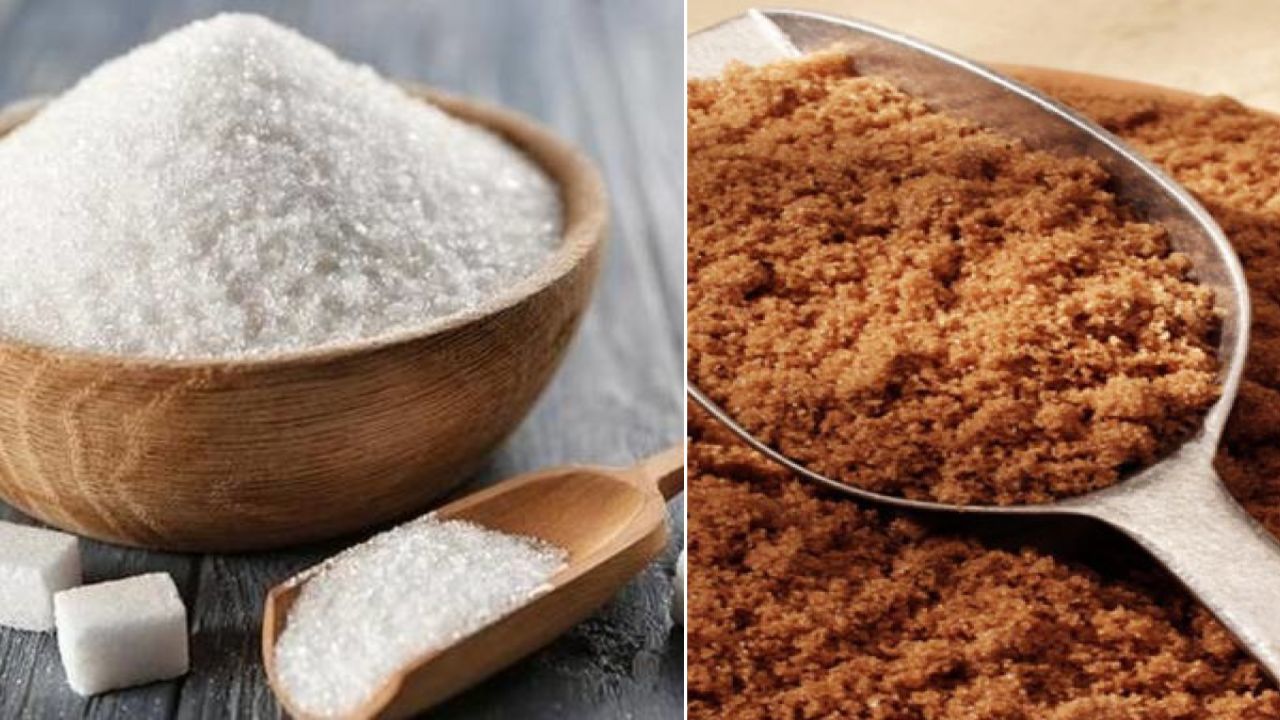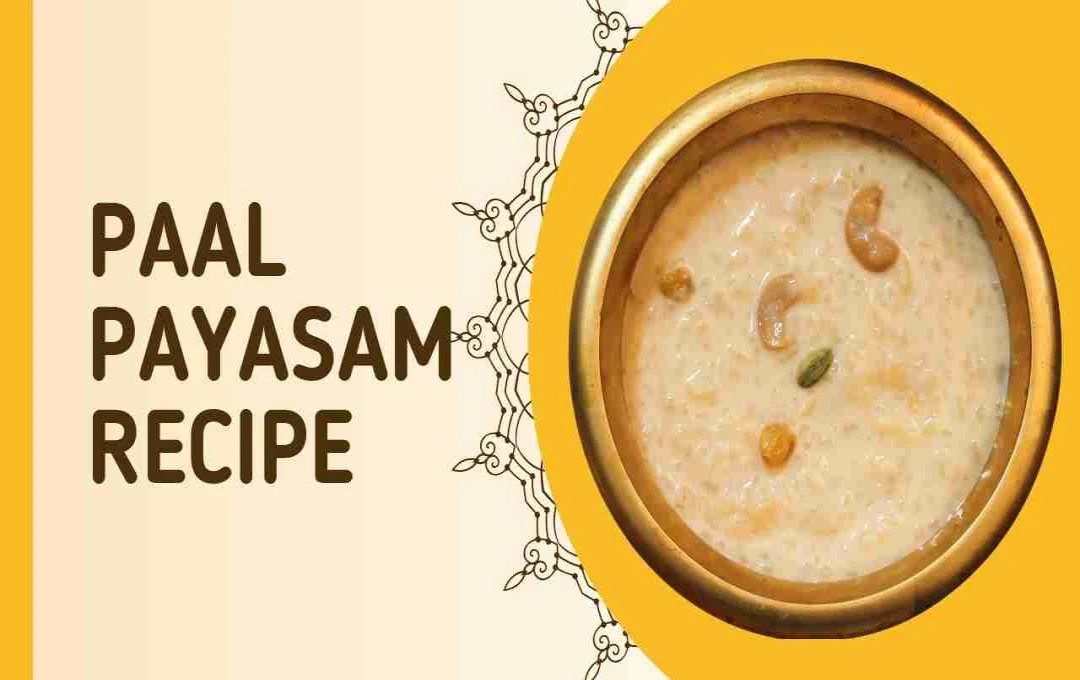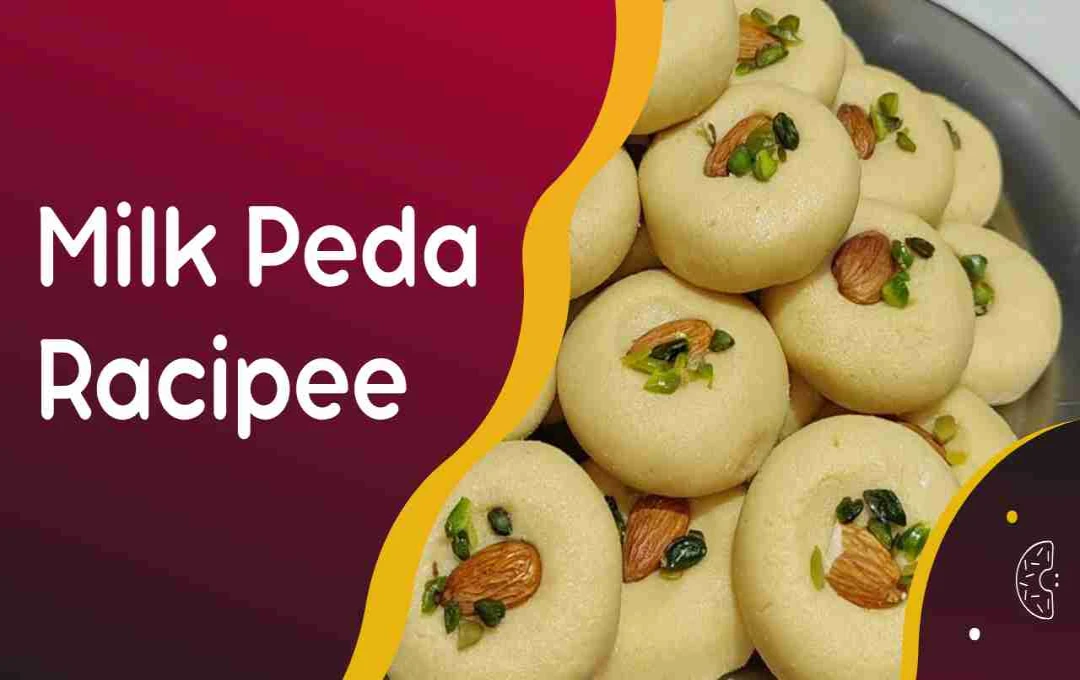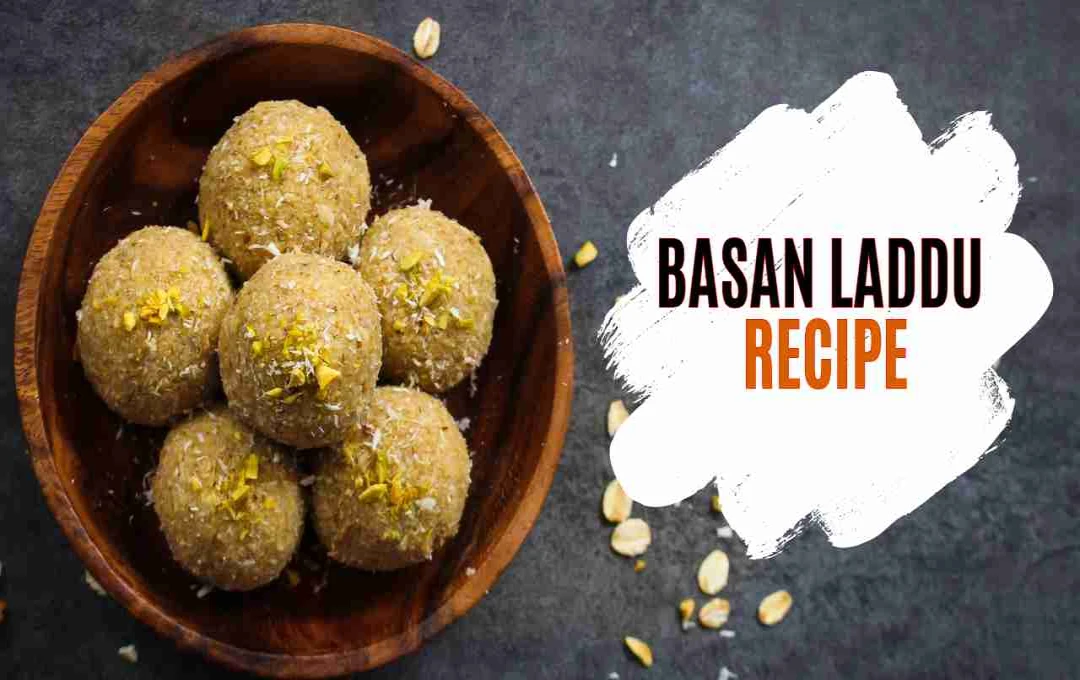Homemade Jaggery: A Healthier Sweetening Alternative to Sugar
In our country, serving sweets on auspicious occasions is a long-standing tradition. While enjoying sweets in moderation is fine, excessive sugar consumption can be detrimental to our health. Sugar-based sweets are universally popular, and the availability of refined sugar has led to a decline in the use of traditional jaggery. While some individuals don't notice a difference in their tea or coffee without sugar, many find unsweetened beverages unpalatable. However, concerns about sugar's downsides often motivate people to reduce their intake. In such cases, homemade jaggery (also known as "gud" or "gur") can be a suitable substitute. Surprisingly, few realize that homemade jaggery offers numerous health benefits over refined sugar.
What is Jaggery?
Jaggery, like refined sugar, is derived from sugarcane juice. However, while sugar undergoes extensive refining, removing valuable fibers and nutrients, jaggery is a less refined form of sugarcane juice. Critically, jaggery does not employ any artificial chemicals, making it a healthier alternative to sugar.
Preparation of Jaggery
Traditionally known as "khand" or "gud," its use has decreased with the introduction of sugar. The sugarcane juice is heated and stirred using a traditional method. Then, it's cleaned with water and milk, resulting in a brown powder form. This jaggery offers cooling properties to the body. Furthermore, it is rich in calcium, magnesium, iron, fiber, and antioxidants—all contributing to its numerous health benefits. It can help prevent several serious illnesses.

Benefits of Jaggery
Jaggery's fiber content aids digestion, promotes healthy gut bacteria, and facilitates detoxification. The iron content is crucial for maintaining healthy hemoglobin levels. Jaggery can help prevent conditions like diabetes, joint pain, and arthritis, and may aid in weight management. Its high calcium content is essential for maintaining b bones and teeth. The substantial fiber content also supports better digestion, making it beneficial for those with digestive issues.
How to Consume Jaggery
Jaggery is often consumed with ghee (clarified butter). It can also be enjoyed on top of roti with ghee. For those seeking a sweeter taste, jaggery can be used as a substitute for sugar, possibly up to a one-and-a-half-fold increase.
Dishes Prepared with Jaggery
Housewives can readily incorporate jaggery into their cooking, much like sugar. It can be used in lassi, kheer, halwa, tea, milk, and various other desserts. Traditional dishes like methi and sonth laddoos are still made with jaggery in many rural areas. Grandmothers often use jaggery to prepare warming sweets during winter.














